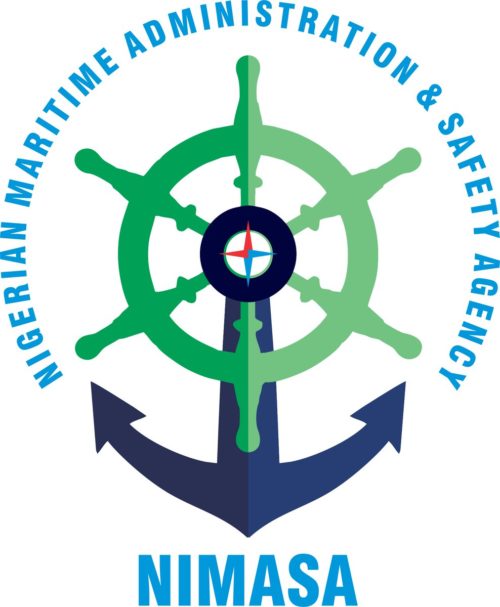The Nigerian maritime sector is poised for a significant boost with the imminent disbursement of the Cabotage Vessel Financing Fund (CVFF). This fund, designed to empower indigenous shipowners and bolster local content within the industry, will be administered by the Nigerian Maritime Administration and Safety Agency (NIMASA) under the auspices of the Federal Ministry of Marine and Blue Economy. The CVFF offers attractive financing terms, including an eight-year repayment plan with a two-year moratorium and a single-digit interest rate, making it a highly accessible resource for Nigerian shipowners. This initiative promises to transform the maritime landscape, fostering greater competitiveness, generating employment opportunities, and strengthening ancillary maritime services.
NIMASA has carefully structured the disbursement process to ensure transparency and accountability. Working in collaboration with twelve Primary Lending Institutions (PLIs), the agency has established a dedicated Cabotage Unit and developed clear eligibility criteria for accessing the fund. This collaborative approach leverages the expertise of financial institutions while ensuring that the funds reach the intended beneficiaries effectively and equitably. Furthermore, NIMASA is actively addressing related concerns such as insurance, fund security, and reducing sundry fees to minimize the financial burden on shipowners. This holistic approach underscores the commitment to maximizing the impact of the CVFF and fostering sustainable growth within the maritime sector.
The disbursement of the CVFF marks a significant milestone, long awaited by stakeholders in the Nigerian maritime industry. The fund’s operationalization is the culmination of concerted efforts by the current administration, spearheaded by President Bola Tinubu and the Minister of Marine and Blue Economy, Adegboyega Oyetola. Their commitment to revitalizing the maritime sector is evident in the prioritization of this initiative, which is expected to unlock the vast potential of Nigeria’s maritime resources. The CVFF represents a strategic investment in the future of the industry, paving the way for increased participation of indigenous players and enhanced competitiveness on the global stage.
Stakeholders across the maritime sector have lauded the government’s efforts in facilitating the disbursement of the CVFF. Industry leaders, including the President of the Nigerian Chamber of Shipping and a former Director-General of NIMASA, have commended the Minister of Marine and Blue Economy and the NIMASA management for their instrumental roles in bringing this long-anticipated initiative to fruition. The widespread support reflects the collective belief in the transformative potential of the CVFF and its capacity to drive positive change within the Nigerian maritime sector. This collaborative spirit between government and industry stakeholders is crucial for the successful implementation and long-term sustainability of the fund’s objectives.
The CVFF is more than just a financial instrument; it represents a strategic investment in the future of Nigeria’s maritime industry. By empowering indigenous shipowners, the fund will stimulate economic growth, create jobs, and enhance Nigeria’s competitiveness in the global maritime landscape. The emphasis on transparency and accountability in the disbursement process further strengthens the fund’s credibility and ensures its effective utilization. This initiative is a testament to the government’s commitment to developing the maritime sector and harnessing its full potential for national development.
The CVFF stands as a beacon of hope for the Nigerian maritime industry, promising a brighter future characterized by increased indigenous participation, enhanced competitiveness, and sustainable growth. The collaborative approach adopted by NIMASA, working in close partnership with PLIs and guided by transparent eligibility criteria, ensures that the fund reaches the intended beneficiaries and achieves its transformative objectives. This initiative marks a turning point for the Nigerian maritime sector, setting the stage for a new era of prosperity and solidifying its position as a key driver of economic growth and development.














